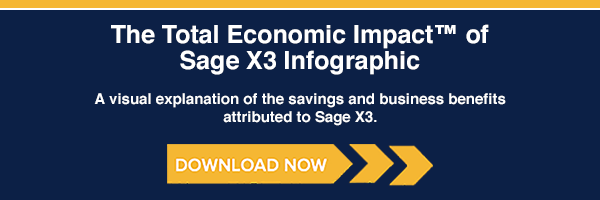The Organization for Economic Co-operation and Development (OECD) has put forth a Base Erosion and Profit Shifting (BEPS) initiative that's had a significant impact on fiscal legislation requirements throughout South America. Though the exact legislation varies by country, it's crucial for businesses to understand this landscape if they work within South America or with a South American company.
The BEPS initiative relates primarily to the amount and type of documentation that's needed for a business to operate within these countries. The primary purpose of this initiative is to prevent companies from exploiting variations in tax rules that may allow them to legally shift profits to countries where there is less economic activity. By standardizing certain tax rules, the BEPS initiative will help ensure that developing countries get the support they need to address key tax issues.
Master File Documentation

Image via Flickr by tamburix
A master file is one of the three key documents that tax authorities will be requesting as part of the BEPS initiative. The master file (MF) includes information on global business operations and transfer pricing (TP) policies. Businesses must outline their business activities, financing activities, organizational structure, value drivers, and geographical locations within this documentation. The MF must be made available to any jurisdiction where members of the business reside.
Local File Documentation
The local file (LF) expounds further on the business's TP to provide additional information regarding how intercompany transactions are handled. This document will typically include details on the business's management structure, intercompany agreements, and TP methodology. Most countries require both an MF and LF together, but this isn't always the case. In Peru, for example, according to DLA Piper, the revenue threshold varies per document. Businesses with annual revenue of US$0.7 million or higher must file the LF, but an MF is not required unless the company reaches a US$24 million revenue threshold.
Action 13 Country-by-Country Reporting
The Action 13 country-by-country (CbC) reporting plan incorporated as part of the BEPS Action Plan is designed to provide transparency for tax administrations by giving them access to essential revenue information. CbC reporting standards are adopted on a country-by-country basis. Brazil, Columbia, Chile, Peru, and Mexico all have implemented this reporting standard.
Multinational controlling groups that have a revenue of €750 million or more in the preceding fiscal year are required to submit CbC reports. This information will help tax authorities determine the appropriate transfer pricing adjustments for these businesses. The OECD has established an inclusive framework to help countries share this information. Over 60 jurisdictions are members of the framework.
The complete BEPS package includes 15 actions that governments are encouraged to implement to ensure that profits are taxed appropriately. This helps to establish a cohesive tax framework that will allow all participants to better evaluate, understand, and manage business taxation.
If your business has locations in South America where BEPS initiatives are being implemented, take the time to review the latest local tax laws to make sure you're tracking your financial information and business documents properly. Preparing for BEPS-related changes now will streamline reporting at tax time.


.png)





